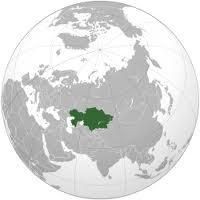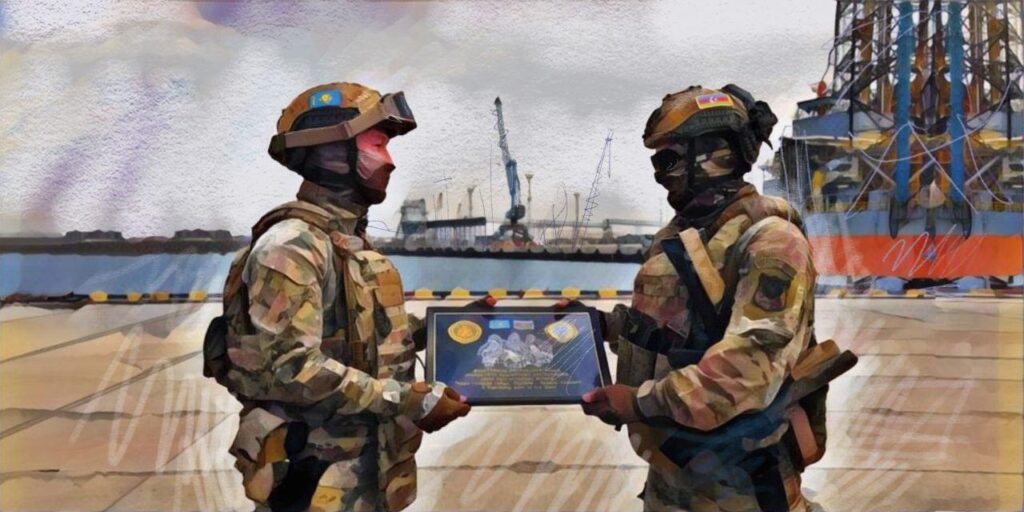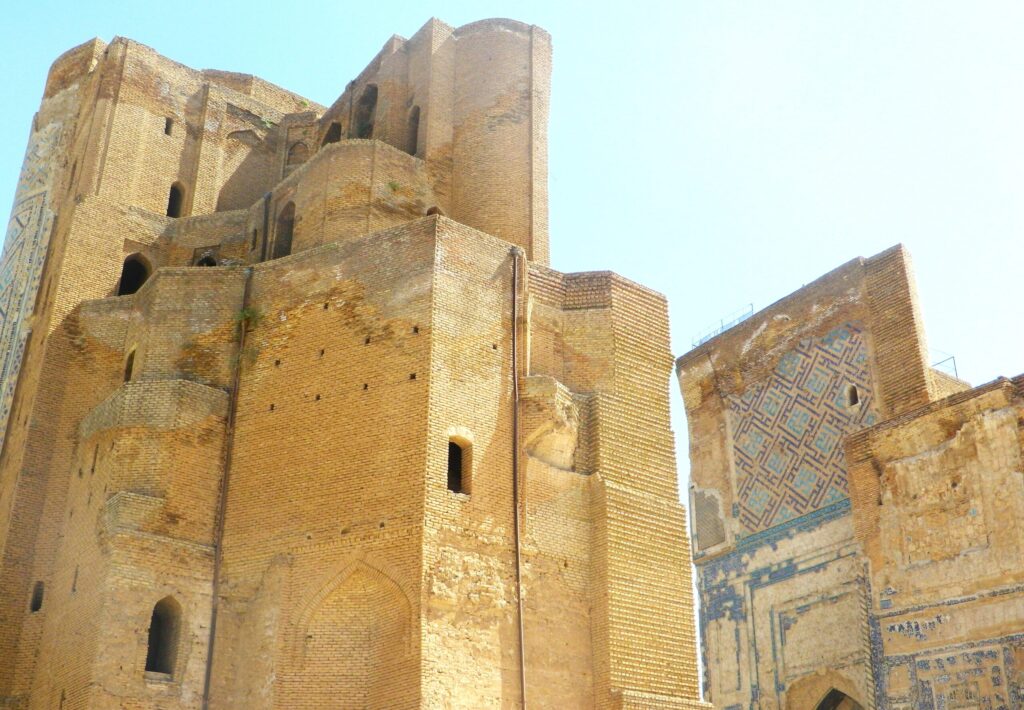BISHKEK (TCA) — Is Astana going to become a regular meeting point for squabbling parties in troubled corners of the world, shooting it out at home but inclined to compromise to spare lives and economies? The results of the talks on the situation in Syria, which ended with mostly a confirmation of the status quo excluding any outlook of a longer-term political situation in Syria, are an ambiguous indication of such a prospect. UN Special Envoy for Syria, Staffan de Mistura was quoted as stating: “Kazakhstan, under the leadership of President (Nursultan) Nazarbayev, has provided a remarkable contribution to our efforts to push for peace in Syria.”
The Astana platform
Involved outsiders tend to appreciate Kazakhstan’s role as a mediator and host to peace process talks, in some cases in a most flattering manner. Through the “Astana process” the Kazakh government hopes that the latest event’s outcome is helping to build up a permanent diplomatic hub in its capital, dubbed “Astana Platform” where fighting parties could exchange views on an end to their fight and hammer out how to come to an agreement.
Others are a bit more cautious on Astana’s future as a diplomatic hub comparable to those of Geneva, Doha or The Hague. A news report posted by the US broadcaster Voice of America quoted an expert by the name Noah Bonsey, the International Crisis Group’s senior analyst on Syria, and showed some confidence that Astana could continue to play the role of a neutral venue where adversaries fighting in conflict zones such as Syria, Yemen or Libya could meet and talk.
Positive outcome
Consolidation of positions of Russia, Turkey and Iran on Syria is the main and only result of the talks in Astana, Mahmoud Afandi, secretary of the opposition Popular Diplomacy Movement, was quoted by Sputnik news as declaring on Tuesday evening, just hours after the talks had ended. “The conference in Astana gave only one major result – it allowed Russia, Turkey and Iran to consolidate their presence and influence in Syria. … This was the main objective of the talks. All three countries wanted to secure their positions in Syria,” the delegate was quoted as saying. “Russia’s presence in Syria is now seen as legitimate by both the government and the opposition… All three states are now [ceasefire] guarantors, and everyone needs to listen to them. Gaining and securing this role is the only real outcome.”
Ending the ‘second Cold War’
“The Astana talks on Syria were the first such talks brokered by Russia, Turkey and Iran. Some analysts say concerns that the Astana peace effort could overtake the more prominent negotiations in Geneva are overblown,” the report read. “Did we just witness here in Kazakhstan the beginning of a new diplomatic platform distinct from that of Geneva, or will this simply be an introduction to sort of energize Geneva talks, or something in between? I think the in-between is more likely,” Bonsey was quoted as saying. “Kazakhstan hosted Syrian opposition talks in 2015 and the U.N. sponsored several rounds of negotiations that included the United States and produced short-lived cease-fires. Russia and Turkey invited the U.S. to the Astana talks, no US delegation was sent, but the U.S. ambassador in Kazakhstan attended as an observer.
The absence of America, which all the same is bombarding Syria, taking part in an incoherent cooperation structure flanked by Russia and Turkey, was a blue note in the talks. Astana clearly hopes that progress in the Syrian peace process could give the Kazakh capital a prominent role in ending the “second Cold War” between the USA and the Russian Federation, and put an end to IS.
A broader coalition
This is where Kazakhstan’s role in the process gets an entirely different dimension. The outcome of the Astana talks means not so much peace in Syria, but the formation of a broad coalition to end the ongoing war and a joint action against Daesh, Al-Nusra (Al-Qaeda) and their allies. That campaign may take years of battle and thousands of more victims since the enemy has the cruel habit of entrenching itself in dense population centres.
For Kazakhstan, the likelihood of the upcoming war campaign blowing over to Afghanistan, where America is engaged in military action but Russia, Turkey and Iran are not, is a direct threat to Kazakhstan’s national security. Since Central Asian citizens, mainly Uzbeks and Tajiks but also Kazakh ones, appear to have an increasing impact on Daesh’s military strength, Kazakhstan has all the good reasons to join an eventual broad coalition against Daesh in the Near-East which dashes the image of neutrality its government tries to build up. In this context, the Astana platform can be seen not as a “second Geneva” but rather a second Yalta…









